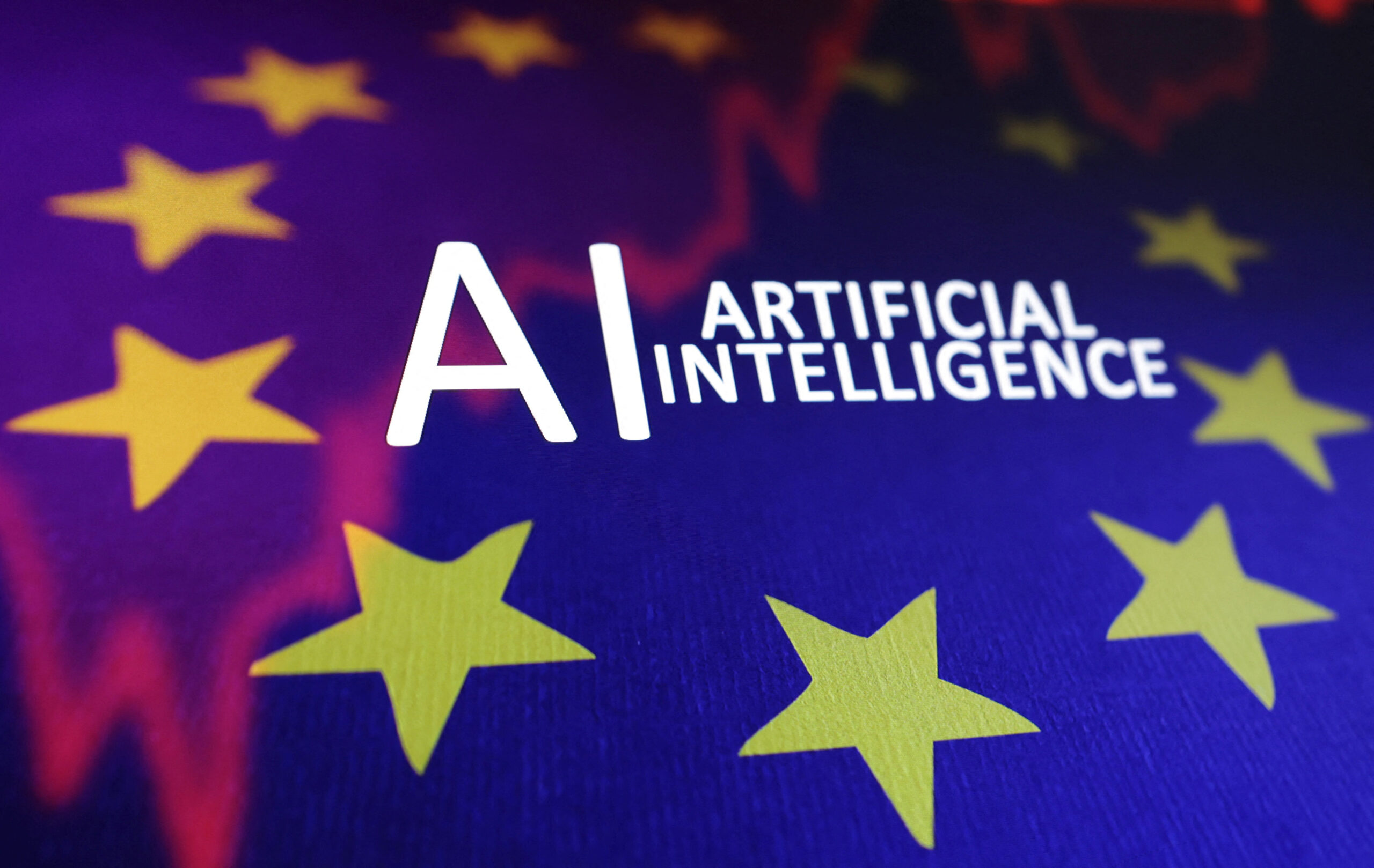Recent assessments have revealed that some of the leading artificial intelligence models are struggling to meet European regulatory standards in critical areas, including cybersecurity resilience and the potential for discriminatory outputs. According to data obtained by Reuters, these shortcomings raise significant concerns about the compliance of major AI systems with the upcoming EU AI Act, which aims to ensure the safe and ethical deployment of AI technologies across the continent.
The push for stricter AI regulations gained momentum after the public release of OpenAI’s ChatGPT in late 2022, which captured widespread attention and sparked intense discussions regarding the possible risks associated with powerful AI models. In response to these concerns, European lawmakers began formulating specific regulations targeting “general-purpose” AIs (GPAIs), aiming to create a framework that could effectively govern their use and mitigate potential harms.
In an effort to evaluate compliance with these new regulations, a Swiss startup named LatticeFlow has developed a specialized tool in collaboration with various partners and backed by EU officials. This tool has conducted comprehensive tests on generative AI models from tech giants such as Meta and OpenAI, examining their performance across numerous categories defined by the EU AI Act. The findings from these assessments are expected to provide valuable insights into the readiness of these technologies for compliance with the forthcoming regulations.
As the EU AI Act is set to be implemented in stages over the next two years, the results of these evaluations could have significant implications for the future of AI development in Europe. If major tech companies cannot align their AI offerings with regulatory requirements, they may face increased scrutiny, potential legal repercussions, and challenges in maintaining market access within the European Union. This situation underscores the importance of proactive compliance efforts in the rapidly evolving landscape of artificial intelligence.
















